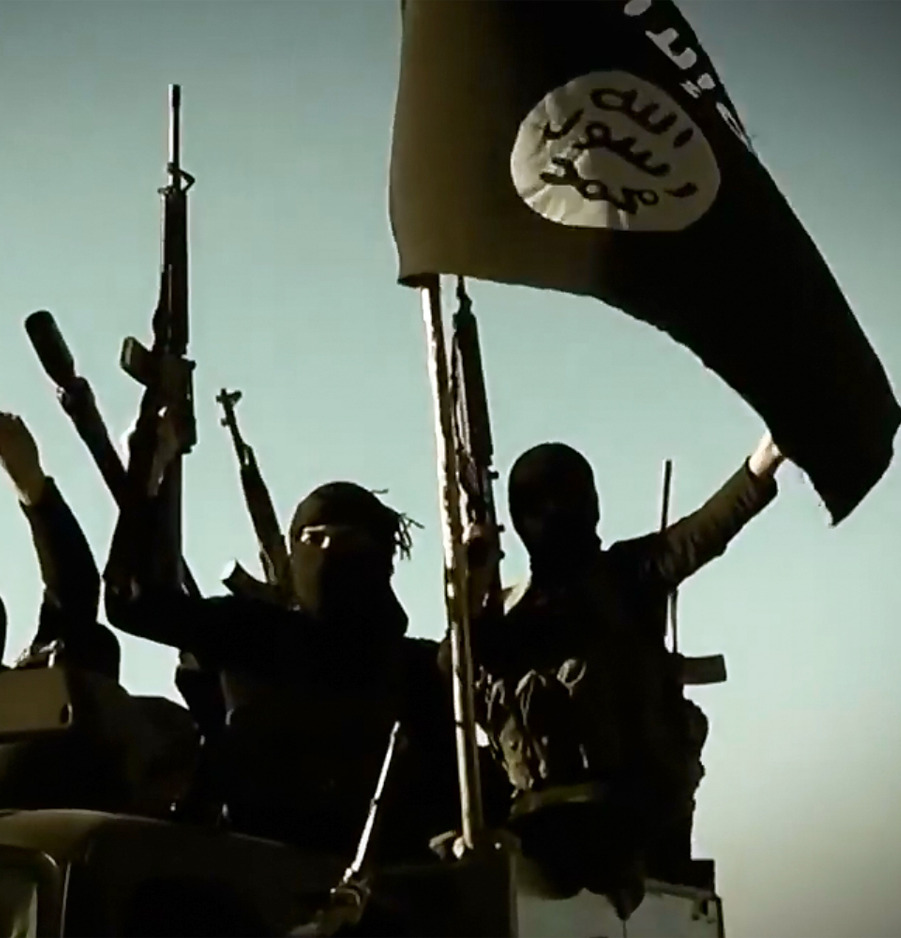In mass killings, a bloodthirst for U.S. allies in Iraq and Syria
Western Iraq saw more brutal bloodshed this weekend after the Islamic State massacred 322 people of the Albu Nimr tribe, a Sunni group, including women and children. The Iraqi government confirmed the attack in the Anbar region, which began on Saturday and continued into Sunday, and was described as “systematic killings”. The tribe had been working to fend off IS militants, but began to run low on ammunition, food and fuel last week. Sheik Naeem al-Ga’oud, a tribe leader, said he “repeatedly asked the central government and army to provide his men with arms but no action was taken”. Al-Ga’oud noted the killings were execution-style and included high schoolers and college students who tried to escape the militants.
These massacres will be repeated in the coming days unless the government and its security forces help the trapped people.
Sheik Naeem al-Ga’oud, tribal leader
Analysts believe the Islamic State group, also known as ISIS or ISIL, may be trying to take revenge for the tribe siding with the American forces in the past, as well as Iraqi security forces. The killings also likely will terrify other Sunni tribes that would think of resisting the militants. Beyond the lives lost, the success of these “systematic killings” will have a long-term impact on the struggle between the Islamic State and the Iraqi government. “The fall of the village dampened the Shiite-led national government’s hopes the Sunni tribesmen of Anbar — who once helped U.S. Marines defeat al-Qaeda — would become a formidable force again and help the army take on Iraq’s new, far more effective enemy,” noted Reuters’ Michael Georgy.

Middle East isis massacre